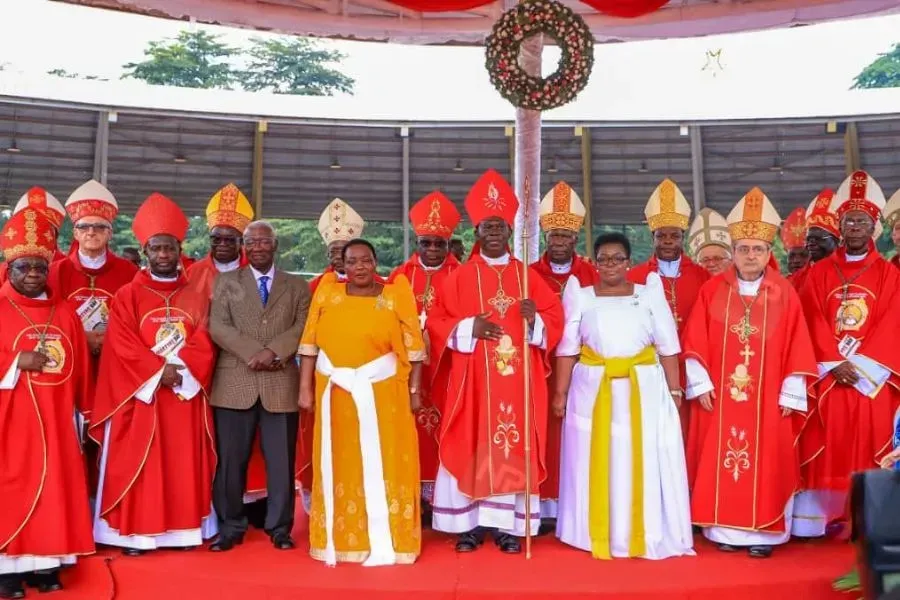Abuja, 16 January, 2020 / 1:50 am (ACI Africa).
The rise of the Catholic Television of Nigeria (CTV) is a story of immense struggle much as it is inspiring in an African country that continues to witness arguably the worst form of religious oppression perpetrated by the Islamic terrorist group, Boko Haram, ACI Africa has been told.
It is a story of hope that now illumines millions of Christians who have remained in the dark since the advent of television broadcasting in Nigeria more than five decades ago. In fact, Nigeria was the first country to introduce television broadcasting in Africa in 1959. But since then, TV has been promoted more for political interests than social and religious growth in the West African country.
However, media visibility for Christians has been gaining momentum since the launch of CTV some 10 years ago in the Catholic Archdiocese of Abuja. The highlight of CTV’s presence was a high-end celebration of the TV’s 10th anniversary that drew attendance from different dioceses all over Nigeria. The Christian television channel also celebrated the smooth running of its 24-hour uninterrupted transmission in the ceremony that was also attended by prominent figures in government. CTV’s 24-hour TV channel commenced on November 17, 2017.
Fr. Patrick Alumuku who founded CTV and saw it rise from a humble beginning said the growth of the television to a 24-hour channel signified hope and a new beginning for Christians in Nigeria.
“It is a moment to unite all Christians in Nigeria who have been left in the cold for years. It is a moment to preach to them the Gospel of hope in the face of persecution from Islamists who want dominance in this country. It is a moment of hope,” said Fr Alumuku in an interview with ACI Africa Tuesday, January 14.








